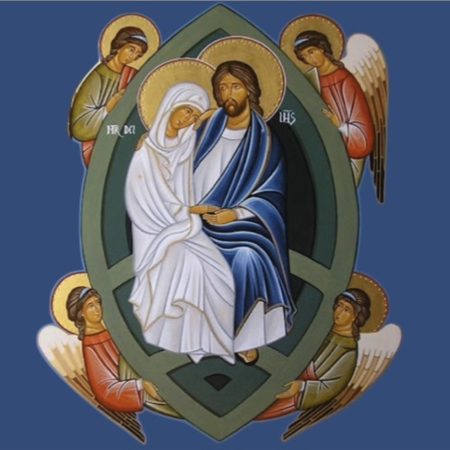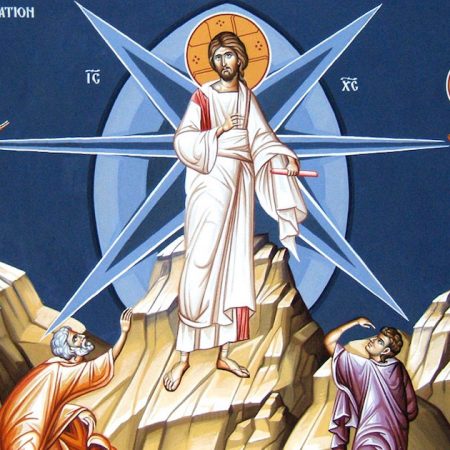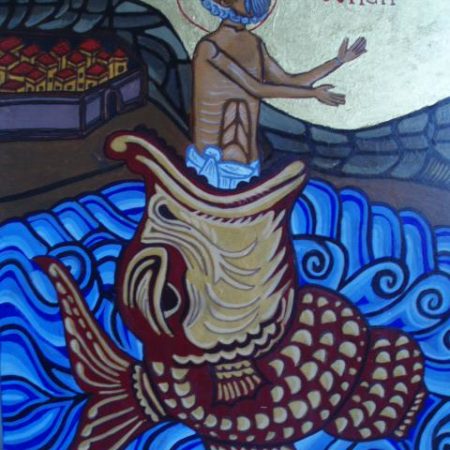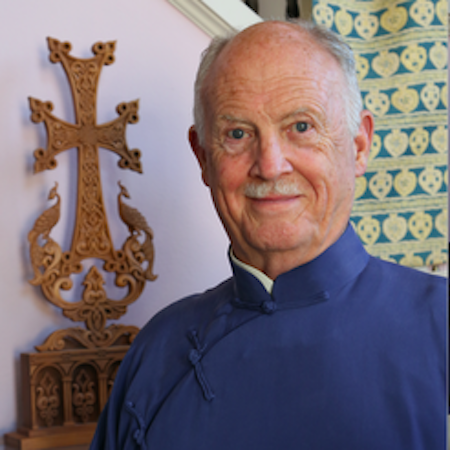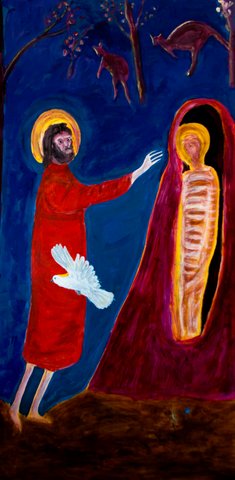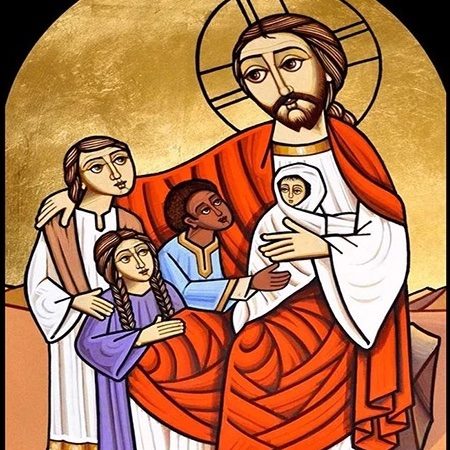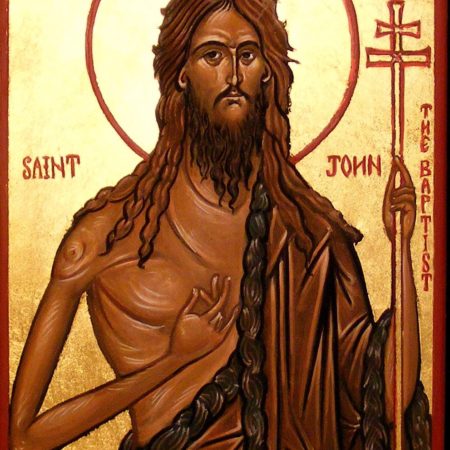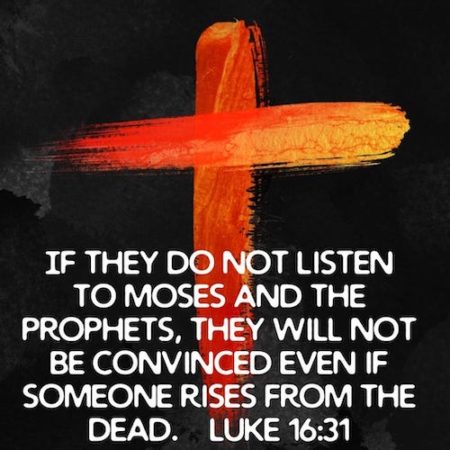The forgiveness we experience in the risen Christ is dauntingly radical and we are called to share it.
Sermons on Grace
God is passionately in love with us and longing to give us every good thing if we will respond to his love.
The transfiguration reminds us that in and through Jesus, the perfect Son of God and the perfect Son of Man, we each have the potential to experience and to be glimpses of God who is the true agent of change in our lives and in the world.
The story of Jonah challenges us whenever we start thinking that we have special rights as God’s people.
As we journey with and into God, we all prepare carefully, travel persistently, seek advice, approach the sacred with humility, and discern the way forward.
While many have a passive-aggressive relationship with God, the gospel gives us a vision of God that liberates us to live freely, expansively and joyously.
If we keep imitating one another, paying back violence with vengeance, the world will be consumed in an escalating fury, but Jesus rescues us and gives us a life-giving example to follow.
Even in the midst of our worst troubles, uniting with God brings purpose and joy (which is not the same as mere happiness), and joy is an antidote to fear.
In order to recognise and cooperate with what God is doing, we often need to recognise and see past the assumptions that come with our own privilege.
Looking for emerging patterns can help us (and Jesus?) recognise the ways that God is opening new pathways of grace and inclusion.
Jesus never stops crossing the menacing water to come to where we are, saying: “Take courage. It is I. Don’t be afraid.”
God’s Providence usually works by people, moved by the Spirit of God, sharing when they have more above their own needs.
The stairway to heaven is revealed in the darkest places and situations of our lives, in the difficult and dangerous places, in the situations where we least expected it.
Grief and suffering bring us close to the heart of the suffering God and can open us to God’s transforming and resurrecting power.
The world finds the message of Jesus almost incomprehensible because it seems too simplistic and unrealistic to be taken seriously.
God comes to us in unexpected ways, and the break with conventional religious respectability is even more earth-shattering than the break with conventional reproductive biology.
Jesus asks us to assess the legitimacy of any ministry by its transforming and liberating outcomes for the world and its peoples.
Jesus seeks out and embraces the outcasts, taking upon himself the hatred and hostility that had been directed at them.
The cross of Jesus can teach us to recognise the innocence of suffering, and so enable us to recognise our own dependence on God’s mercy and to stop digging our own hells.
Jesus’s parables always shock us, and few things shock us more than the outrageous graciousness that God shows us and calls for from us.


